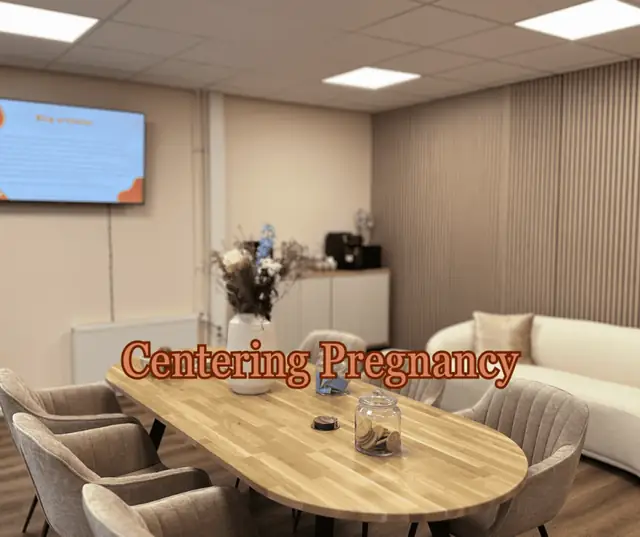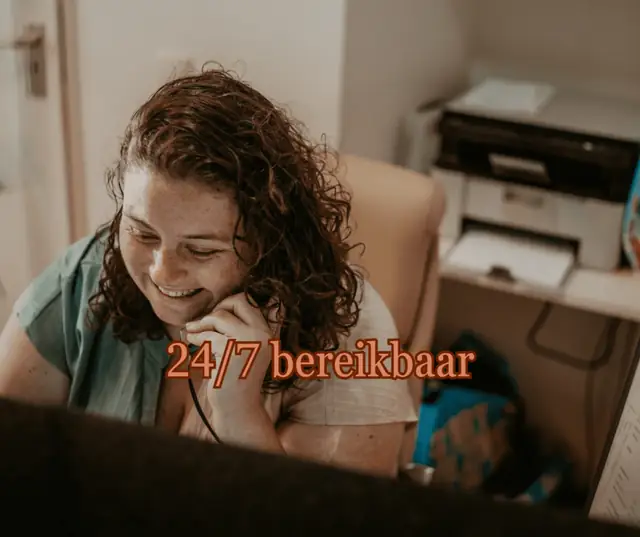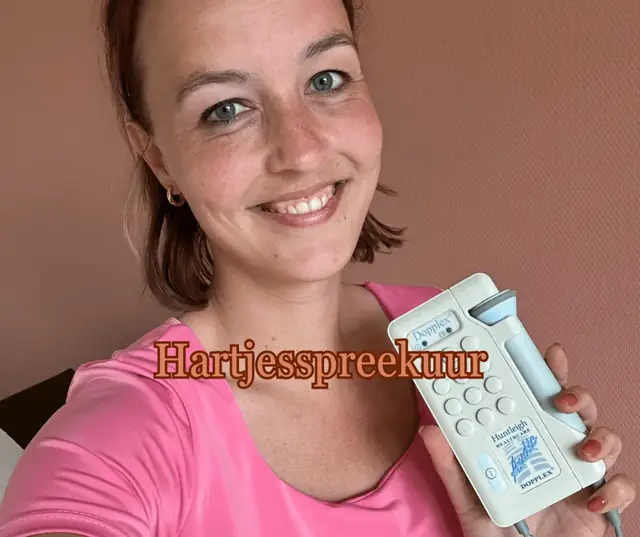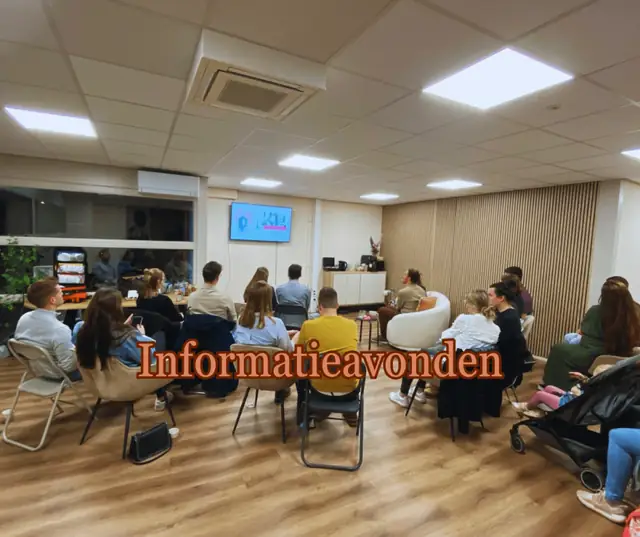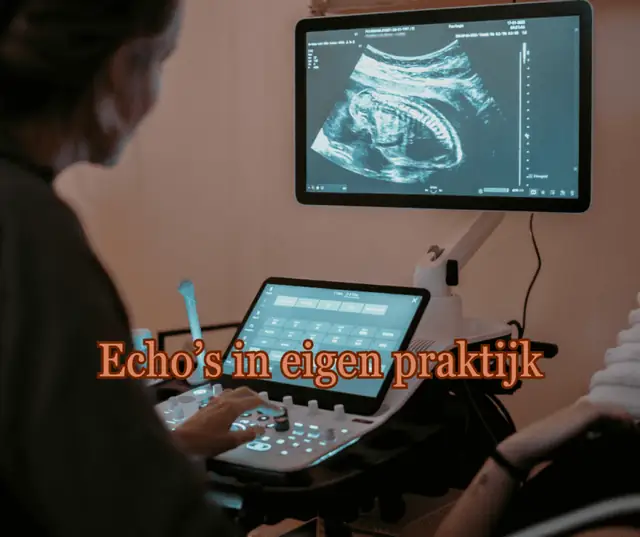Een warm welkom voor elk nieuw begin
We begeleiden jullie tijdens zwangerschap, bevalling en kraamtijd met aandacht, tijd en vertrouwen. Ons hechte team staat dag en nacht voor je klaar.
- 4,8/5Clientbeoordeling
- 24/7Bereikbaar team
Waarom Verloskundigen Lelystad?
Met liefdevolle zorg en deskundigheid begeleiden we jullie door iedere fase.
-
Kleinschalige praktijk
Wij kennen jullie echt. Met een compact team en vaste gezichten bouwen we aan vertrouwen.
-
Bevallen waar jij je goed voelt
Thuis of in het ziekenhuis: we staan naast je bij iedere keuze en situatie.
-
Echospreekuren
Flexibel plannen? Onze eigen echopraktijk is regelmatig ook 's avonds geopend voor medische echo's.
Ontmoet ons team
Maak kennis met de verloskundigen van Verloskundigen Lelystad en lees wie er voor jullie klaarstaan.
Inschrijven
Plan een afspraak via het formulier op de live site.
Bij ons ben je in goede handen. Wij zijn niet alleen een betrokken verloskundigenpraktijk, maar ook een professioneel echobureau en erkend screeningscentrum. Alles onder een dak, met eigen echoscopisten. Daardoor houden we de lijnen kort, kennen we jouw situatie goed en zijn we 24 uur per dag bereikbaar voor al je vragen.
We werken met een vast, kleinschalig team van maximaal vijf verloskundigen. Zo zie je altijd bekende gezichten tijdens je controles en weet je zeker dat je iedereen al hebt ontmoet voordat je gaat bevallen. Wel zo prettig, toch?
Binnen onze praktijk bouwen we graag een persoonlijke relatie op en willen we er echt voor je zijn. Alles is bij ons bespreekbaar; je hoeft de drempel van 'een zorgverlener' niet te voelen want je mag ons altijd bellen. Bij ons krijg je altijd direct de verloskundige aan de lijn en geen assistente. Zo hoef je nooit twee keer je verhaal te doen en ben je snel geholpen.
Onze praktijk bestaat uit een klein, betrokken en warm team van verloskundigen die allemaal de beste zorg voor jou voorop hebben staan. Doordat je niet steeds wisselende verloskundigen ziet, kun je echt een band met ons opbouwen en is er altijd een bekende verloskundige bij jouw bevalling. Een vertrouwd gezicht zorgt ervoor dat bij iedere geboorte de zorg op maat is. Verder hebben wij iedere twee weken overleg zodat we op de hoogte zijn van jouw situatie en die van andere zwangeren. Niemand is binnen onze praktijk daardoor onbekend; als jij belt weten we wie je bent en kun je meteen je verhaal bij ons doen.
Wij vinden het belangrijk dat er genoeg tijd voor jou is tijdens de controles in je zwangerschap en daarom bieden wij standaard extra lange controles van twintig minuten en sommige controles zelfs dertig tot zestig minuten. Omdat iedere zwangerschap uniek is kan het soms wenselijk zijn om extra controles tussendoor te plannen. Daarom bieden wij standaard een hartjesspreekuur aan voor als je geruststelling zoekt of gewoon graag even extra naar de baby wilt luisteren, bijvoorbeeld met een familielid of vriendin.
Ervaringen van gezinnen
Lees wat andere ouders vertellen over de begeleiding bij Verloskundigen Lelystad.
Wat een warm en professioneel team! Ik voelde me gehoord en gesteund, ook bij onverwachte wendingen.
Tijdens de bevalling gaf Anita precies de rust en vertrouwen die ik nodig had. Ook in de kraamweek bleven ze betrokken.
De avondspreekuren waren ideaal voor ons. Elke afspraak was vriendelijk en informatief. Echt een aanrader!
Veelgestelde vragen
Wanneer kan ik mij inschrijven?
Vanaf het moment dat je een positieve zwangerschapstest hebt mag je je inschrijven. Je krijgt binnen 24 uur een reactie en plannen direct het eerste gesprek.
Hoe bereid ik me voor op de bevalling?
Wij bieden voorlichtingsavonden, een digitaal informatiepakket en helpen je bij het maken van een geboorteplan dat bij jullie past.
Kan ik kiezen tussen thuis of ziekenhuis bevallen?
Ja, die keuze is aan jou. We bespreken alle scenario's tijdens het traject zodat je weet wat mogelijk is en wat bij je past.
Je bereikt ons tijdens kantooruren op 085 - 401 90 95 of via info@verloskundigenlelystad.nl. WhatsApp kan op 06 - 53 65 91 91.
Adres:
Badweg 21
8223 PA, Lelystad
Spoed? Bel altijd het spoednummer dat je van ons ontvangt bij de intake - 24 uur per dag bereikbaar.
Klaar om kennis te maken?
Wij ontvangen je graag bij ons op de praktijk of via een digitale kennismaking. We bespreken jouw vragen en wensen, zodat je met een goed gevoel verder kunt.
Laatste blogs
- Wolinzameling in Lelystad 21 oktober 2025
- Ons nieuwe Cliëntenportaal 7 oktober 2025
- Big Baby trial: (te) vroeg inleiden 11 juni 2025

